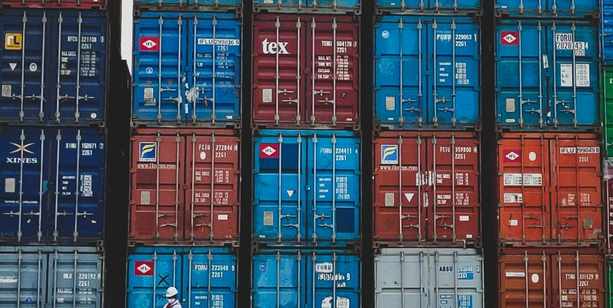
A Comprehensive Comparison of 3PL and 4PL Many people find it difficult and confusing to weigh in on the 3PL vs 4PL debate. What exactly do these terms mean? And which option is best for you and your requirements? It’s understandable to give this decision some thought. Making the wrong decision can be expensive and have serious consequences.
In short, a 3PL provider will handle direct goods transportation and logistics, whereas a 4PL company will oversee the various 3PLs that a business works with. Working with a 3PL or 4PL will depend on the unique situation and needs of the business.
In the following article, we compare 3PLs and 4PLs in detail. In our comparison, we look at both in depth to help you decide which is best for your company.
WHAT DO 3PL COMPANIES DO?
3PL stands for Third Party Logistics, but what exactly do these companies do? These firms handle a client’s outsourced transportation and logistics operations. The client company, however, always maintains control. The level and variety of services provided by 3PL companies varies. The degree of outsourcing varies according to the client’s needs and the services provided by the 3PL company. Many 3PLs are asset-based, which means they manage some or all of the resources used to provide the services.
Using 3PL companies is one way for businesses to begin tapping into external transportation expertise that can benefit them. Businesses can strengthen their operations by doing this at each stage of the logistics process and ensuring that the right things are done in-house and the right things are outsourced. Here are some of the typical services provided by 3PL firms:
- Transportation, Distribution, and Fulfillment
- Inventory Control/ Warehousing
WHAT IS A 4PL LOGISTICS COMPANY?
4PL, or Fourth Party Logistics, companies differ from 3PL options in how they manage their services. When working with a 4PL provider, the client relinquishes control over the outsourced operations and instead allows the 4PL company to manage them. When a client does not have an employee on staff who oversees transportation and logistics operations, a 4PL is commonly used.
As a result, the 4PL company must have complete access to its clients’ business operations and inner workings. After all, they are in charge of all logistical requirements, as well as oversight and management. They need access to the business’s activities and the potential for intense involvement in the business and how it operates to do this adequately and successfully. Without it, problems and misunderstandings will undoubtedly arise.
The 4PL may manage the entire supply chain of the company. The best 4PL firms will provide strategic insight that the client can use. In this regard, a 4PL provider can take a more consultative approach than a 3PL, though many 3PLs can also provide this service. In a nutshell, hiring a 4PL company entails outsourcing your entire logistics operation and everything that comes with it.
ProConnect Integrated Logistics – Your Warehousing & Freight Forwarding Partner
A third-party logistics firm can help shippers mitigate a variety of risks throughout the supply chain by outsourcing certain logistics functions. By partnering with a 3PL, a shipper can free up time to concentrate on his or her core competencies without suffering from the ever-shifting logistics landscape.
If you are looking for a partner to take care of all your logistics hassles, talk to us.





 APP DOWNLOAD
APP DOWNLOAD